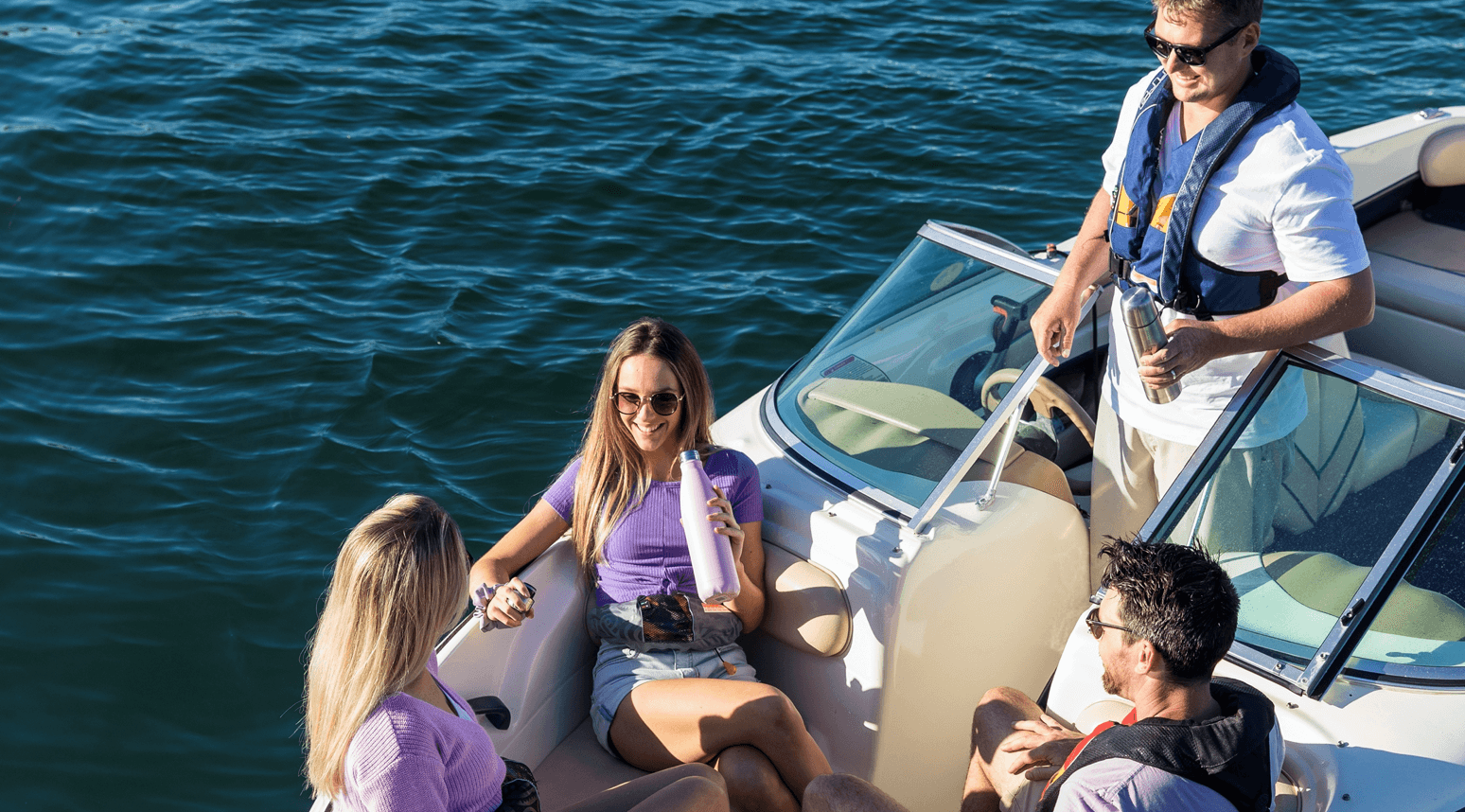Blood alcohol concentration (BAC) limits
BAC limits apply to:
- the driver – anyone steering or exercising control over a vessel's course or direction
- the observer in a vessel that's towing a person
- anyone being towed by a vessel.
As the skipper, you must not let another person drive your vessel if you believe they're over the BAC legal limit or under the influence of illegal drugs.
The BAC legal limit depends on your age and whether you're driving a recreational or commercial vessel.
Age and vessel | BAC limit |
Aged under 18 (all vessels) | 0.00 |
Aged 18 and over (recreational vessel) | Under 0.05 |
Aged 18 and over (commercial vessel) | Under 0.02 |
It's very difficult for you to estimate your own BAC, even if you know how many drinks you've had. Your size and weight, how tired you are, and variation in alcohol servings can all affect your BAC.
The only way to be sure you're under the limit is to not drink alcohol at all.
If you do intend to drink, it's recommended that you have a plan, such as a designated skipper to get you, your passengers and your vessel home.
Random testing
Police regularly monitor NSW waterways. They can stop you for random breath testing (RBT) and random drug testing (RDT) when your vessel is underway, including when it is drifting.
If you're over the legal limit, police can give you a court attendance notice. If a court convicts you of an offence, your licence can be cancelled.
It's recommended that you stay under the legal limit when moored, berthed or anchored, just in case you need to move your vessel.
More information on alcohol and boating can be found in the Boating Handbook.
